No-jury trials: a radical solution to courts backlog
'Bold' proposal for jury-less courts backed by chief justices but opposed by barristers and solicitors
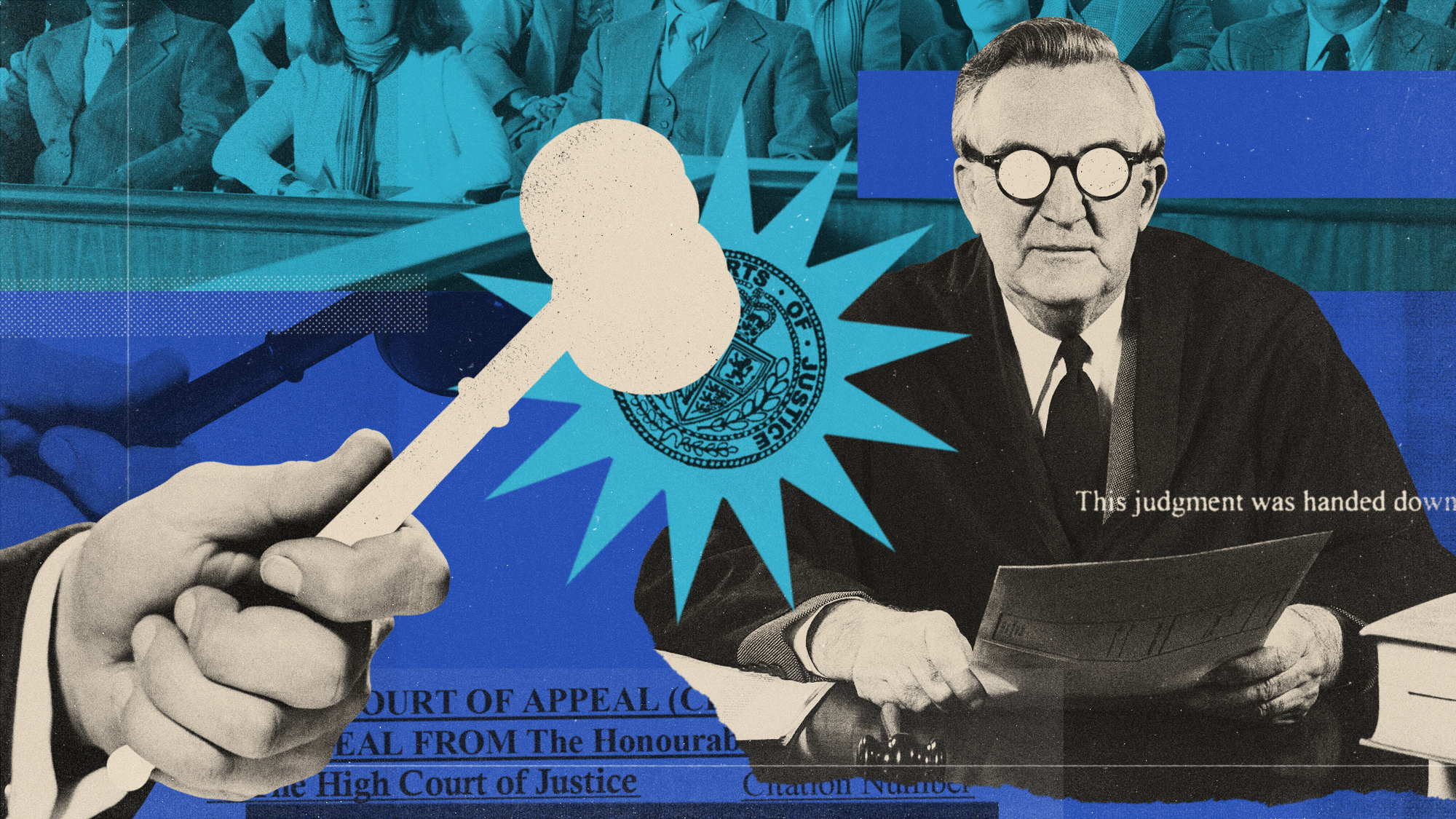
A free daily email with the biggest news stories of the day – and the best features from TheWeek.com
You are now subscribed
Your newsletter sign-up was successful
The automatic right to trial by jury could be denied to defendants accused of all but the most serious crimes, under new justice plans for England and Wales proposed by the government.
It's an "idea whose time has probably come", Courts Minister Sarah Sackman told The Times. Jury trial "will always be a cornerstone of British justice for the most serious cases" but "really bold and really radical" measures are needed to bring down the huge backlog of cases awaiting trial.
How bad is the court backlog?
The crown court case backlog is "scandalous", said The Spectator. There are almost 80,000 cases waiting to be heard in England and Wales, leaving defendants and victims in limbo. "Some defendants are already being told that there are no free slots before 2028."
The Week
Escape your echo chamber. Get the facts behind the news, plus analysis from multiple perspectives.

Sign up for The Week's Free Newsletters
From our morning news briefing to a weekly Good News Newsletter, get the best of The Week delivered directly to your inbox.
From our morning news briefing to a weekly Good News Newsletter, get the best of The Week delivered directly to your inbox.
"Given the acute scale of the problem," Sackman told The Times, "we are going to have to use every lever at our disposal" to fix it.
How would jury-less trials work?
Instead of a 12-person jury, cases could be tried before a judge and two magistrates in a new kind of court, similar to that recommended by The Times' recent Crime and Justice Commission report, which was published after consulting police officers, victims, judges, lawyers, and academics.
The idea of establishing an "intermediate court", now backed by five former lord chancellors and two former lord chief justices, is not a new one. It was first mooted more than 20 years ago and was, last year, promoted by former Tory justice minister Alex Chalk. Its proposed adoption by the government now is undoubtedly a result of the need to bring victims swifter justice.
Former Court of Appeal judge Brian Leveson is currently conducting a review of crown courts in England and Wales, which is "expected to feature" the intermediate courts proposal, and Sackman "will wait to see" what he recommends, said The Times.
A free daily email with the biggest news stories of the day – and the best features from TheWeek.com
Which crimes might have jury-less trials?
The proposed intermediate courts would hear cases involving so-called "either way" offences – where, currently, a defendant can either choose for their case to be heard by magistrates or opt for crown court and a jury trial. Typical "either way" offences include theft, drug possession, dangerous driving, fraud and some forms of non-serious assault, and these cases currently make up over 50% of the crown court backlog. The most serious cases – involving, for example, murder, manslaughter, rape, serious violence or sexual assault – would still be heard in a crown court, in front of a judge and jury.
What are the concerns?
In theory, more jury-less trials could mean more convictions: it's well known that opting for a jury trial "materially increases the chance of acquittal", said The Spectator. But the Bar Council – which represents barristers in England and Wales – has opposed the idea, saying that "altering the fundamental structure of delivering criminal justice is not a principled response to a crisis which was not, in truth, caused by that structure in the first place". Introducing intermediate courts "would be an unnecessary distraction in a system that is already stretched and under-resourced", and removing juries could have "some serious potential risks to public confidence in the administration of justice".
The Law Society, the professional body for solicitors, has echoed these concerns, saying the new courts would "waste money, time and energy".
The Scottish government has already piloted jury-less trials but only for rape and serious sexual assault cases and the pilot was quickly scrapped after a "backlash from the highest levels of the legal profession", said The Guardian. Although the aim was to tackle the persistently low conviction rates for these kind of cases, there was a "near-unanimous boycott" of the pilot scheme from lawyers across Scotland.
How else could the court backlog be tackled?
Alternative suggestions put forward by lawyers to ease the backlog of cases include "greater use of out-of-court disposals, such as cautions and deferred prosecution agreements, more hearings conducted virtually over video link, and maximum use of judges – including those who have retired but could be brought back into service", said London's The Standard.
-
 How the FCC’s ‘equal time’ rule works
How the FCC’s ‘equal time’ rule worksIn the Spotlight The law is at the heart of the Colbert-CBS conflict
-
 What is the endgame in the DHS shutdown?
What is the endgame in the DHS shutdown?Today’s Big Question Democrats want to rein in ICE’s immigration crackdown
-
 ‘Poor time management isn’t just an inconvenience’
‘Poor time management isn’t just an inconvenience’Instant Opinion Opinion, comment and editorials of the day
-
 The age of criminal responsibility
The age of criminal responsibilityThe Explainer England and Wales ‘substantially out of kilter with the rest of the world’, says filmmaker whose drama tops Netflix charts
-
 Trump and his lawyer Alina Habba have a rough day in defamation court
Trump and his lawyer Alina Habba have a rough day in defamation courtSpeed Read Trump's audible grousing as E. Jean Carroll testified earned him a warning he could be thrown out of court, and Habba showed she 'doesn't know what the hell she's doing'
-
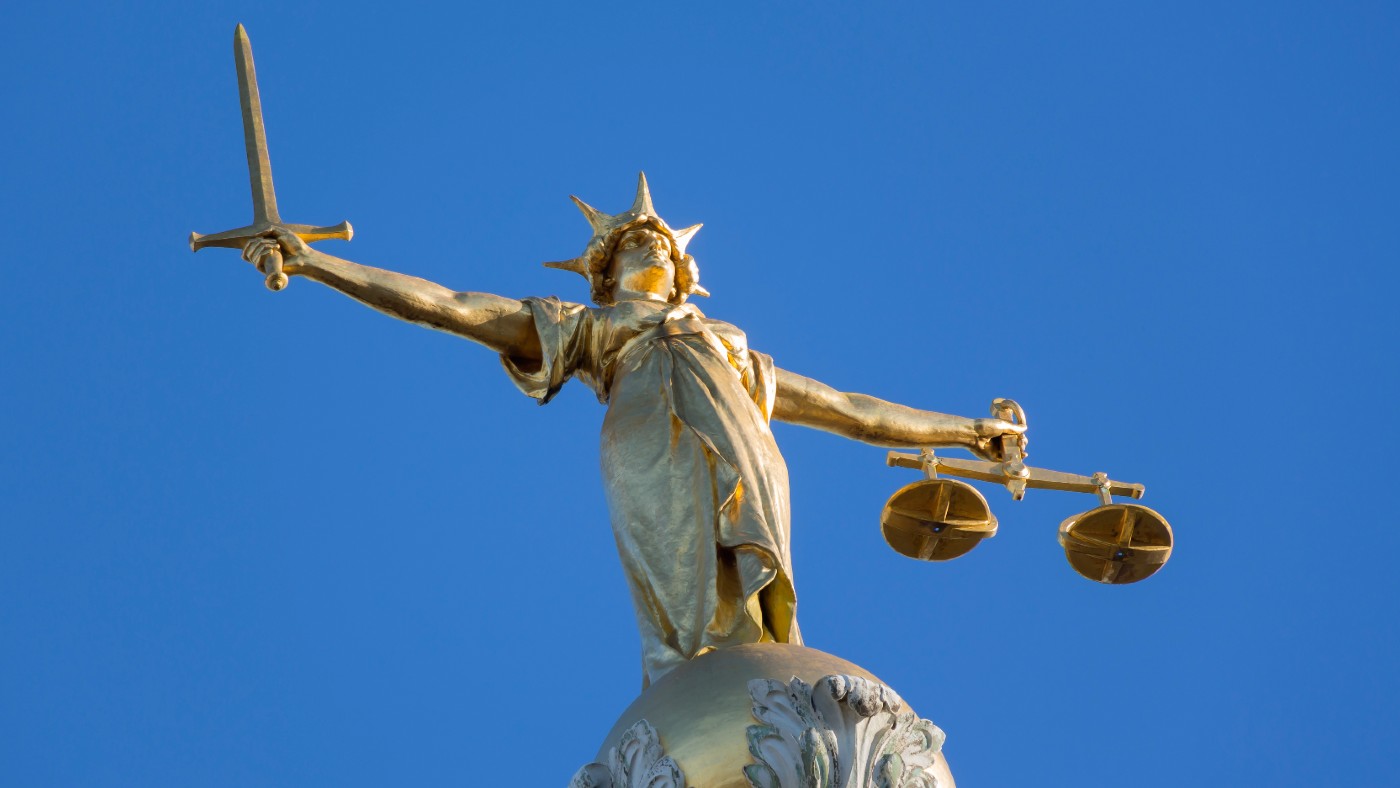 What’s causing the ‘chaos’ in the UK criminal justice system?
What’s causing the ‘chaos’ in the UK criminal justice system?Today's Big Question Shortage of prison cells and real-terms pay cut for solicitors has increased talk of ‘crisis’
-
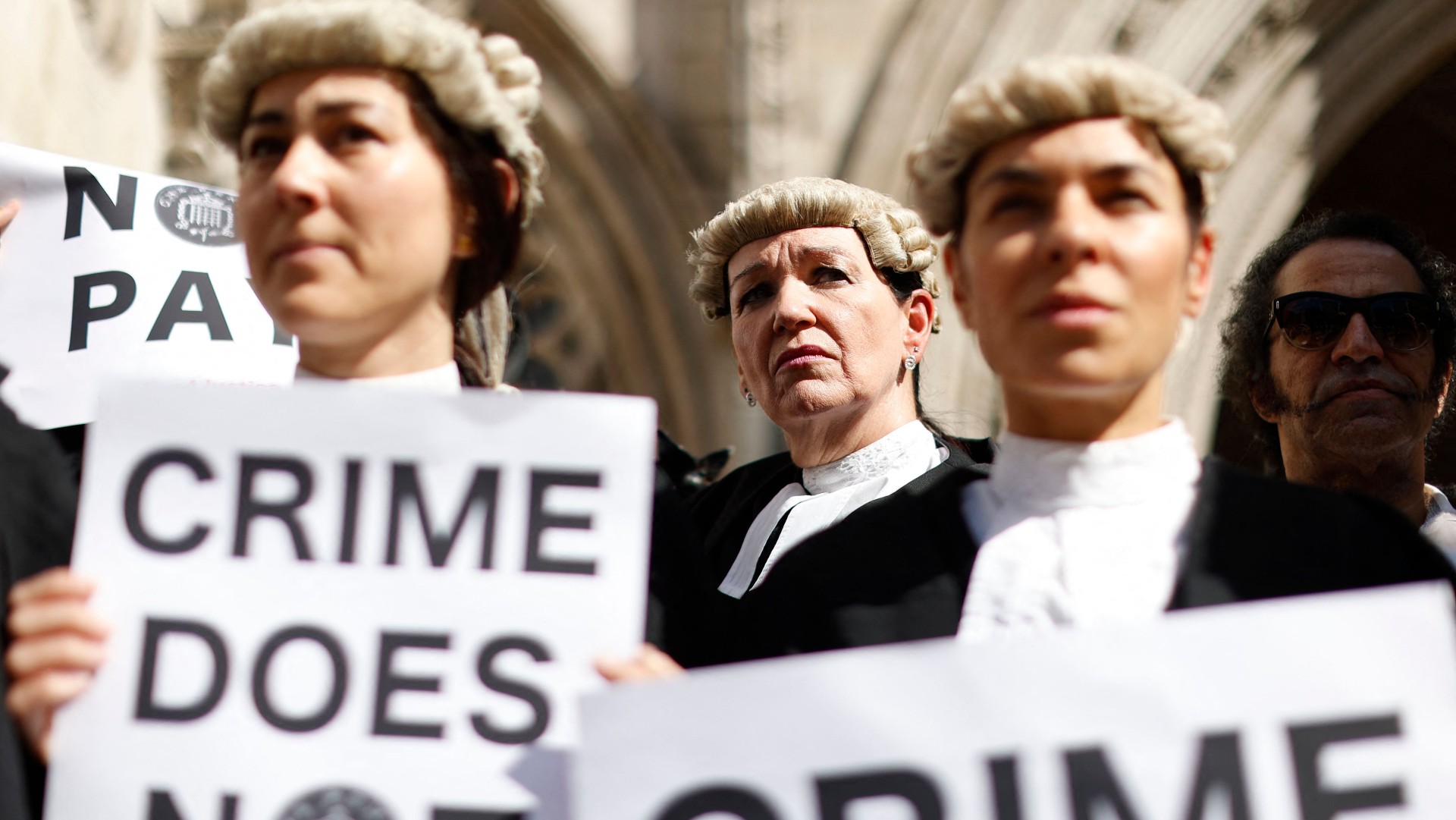 Should criminal barristers be allowed to strike?
Should criminal barristers be allowed to strike?Talking Point Prolonged dispute over cuts to pay and legal aid has led to indefinite walkout in September
-
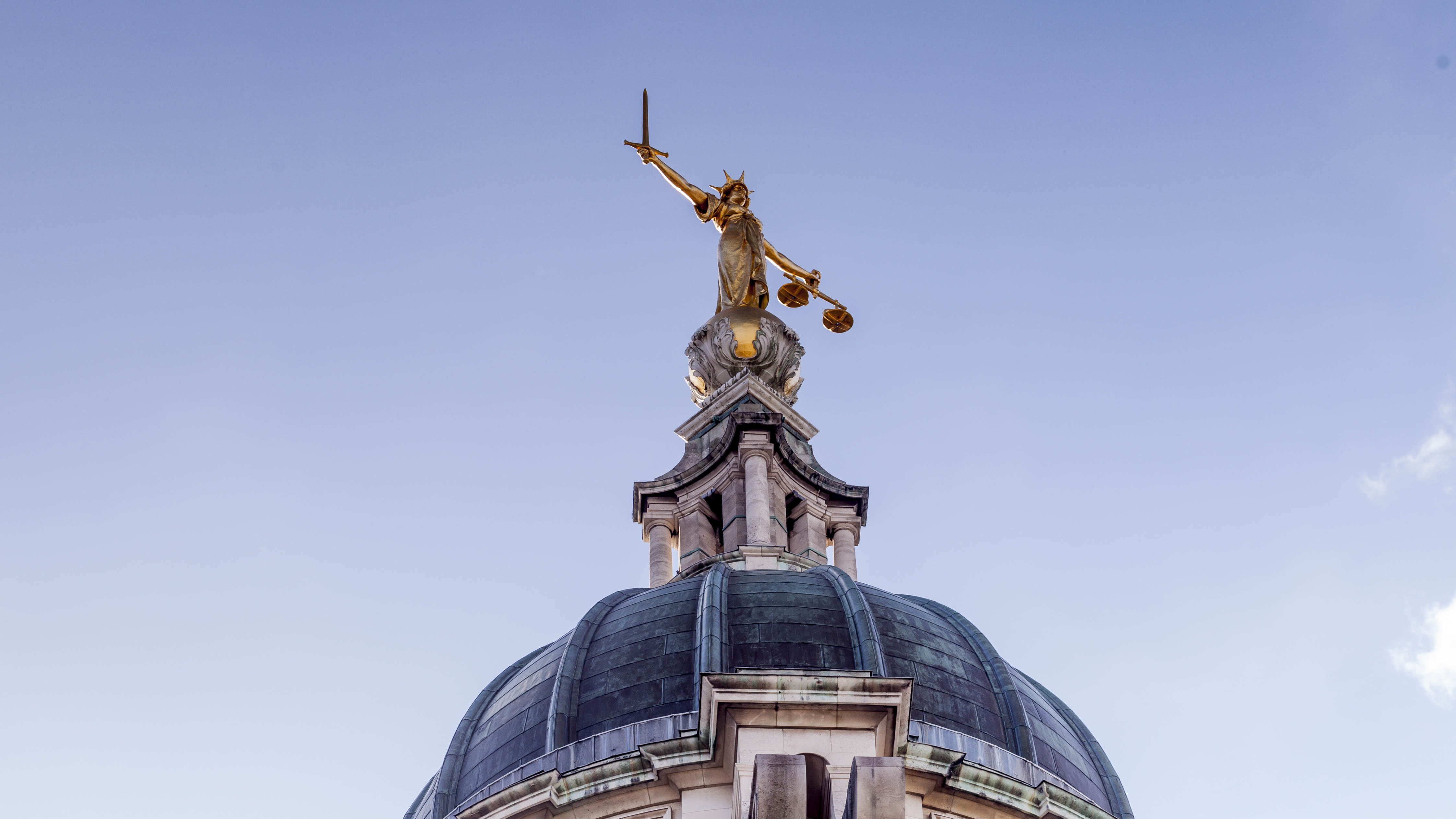 The pros and cons of streaming trials online
The pros and cons of streaming trials onlinePros and Cons New rules mean more UK court cases will be shown online, allowing the public to watch proceedings
-
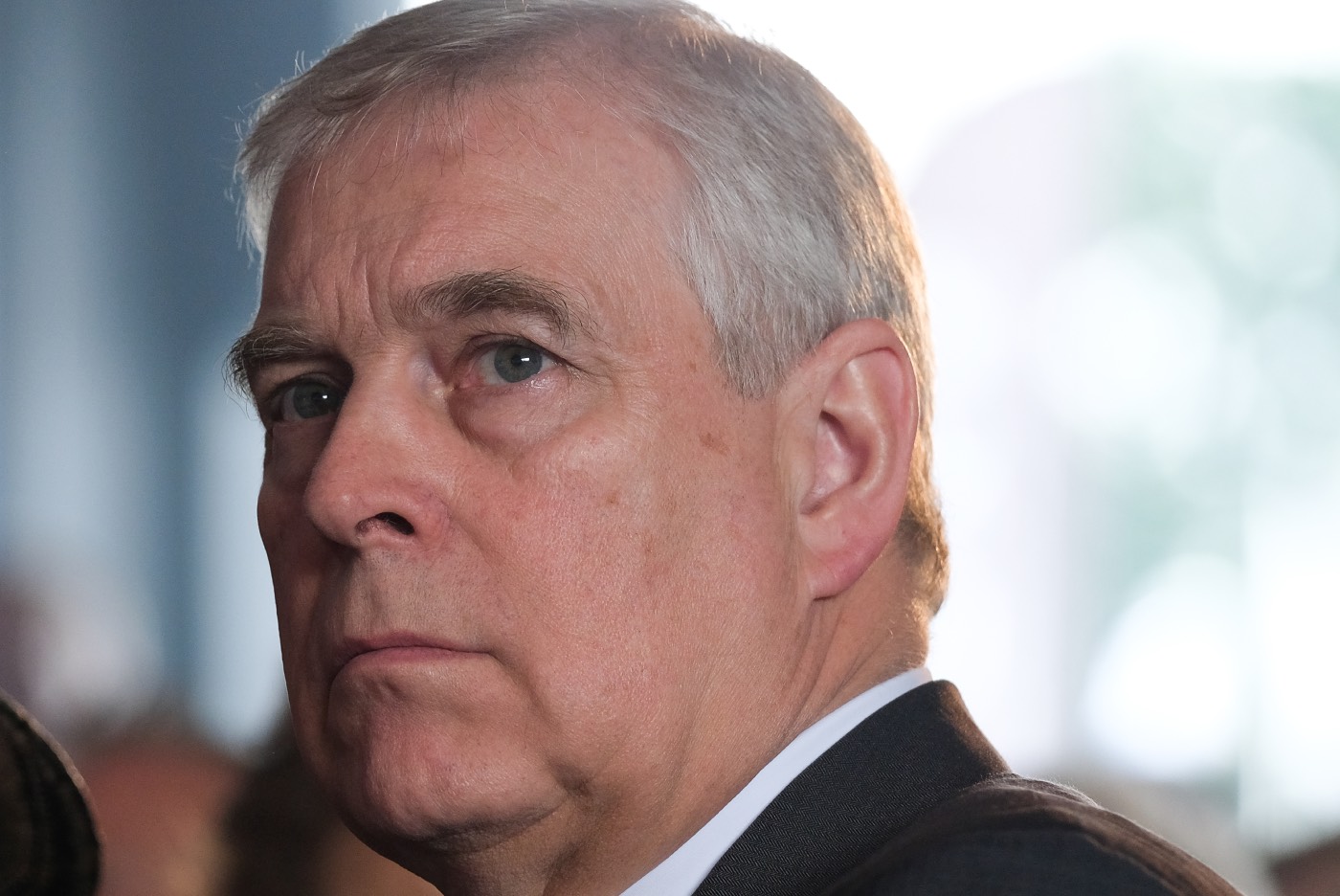 Prince Andrew accused of ‘playing hide and seek’ to avoid sex assault lawsuit
Prince Andrew accused of ‘playing hide and seek’ to avoid sex assault lawsuitfeature But US judge rules legal papers can be served to Duke of York’s LA-based lawyers
-
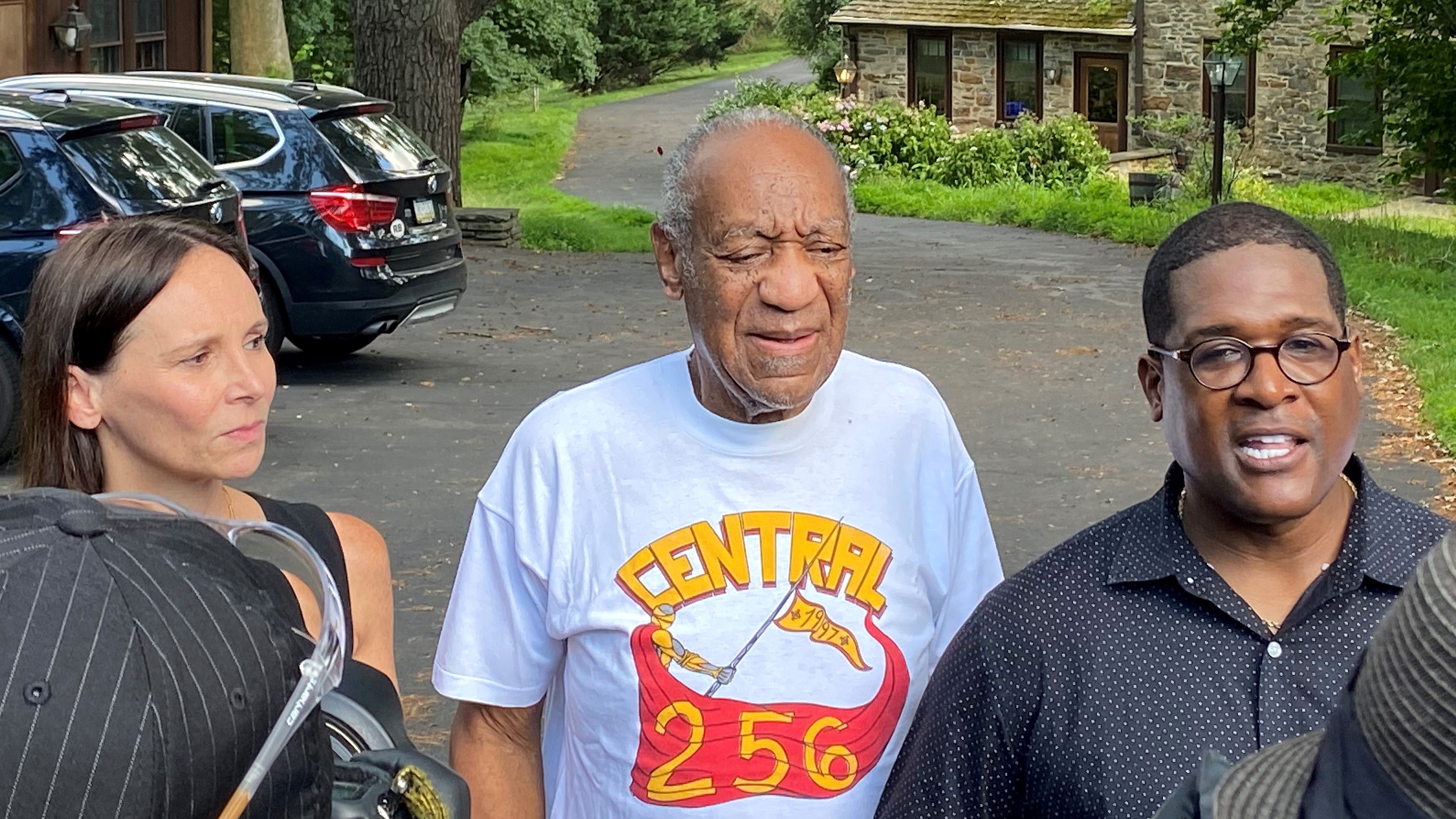 Explained: why Bill Cosby is walking free after sexual assault conviction
Explained: why Bill Cosby is walking free after sexual assault convictionfeature Surprise reversal of actor’s ten-year prison sentence met with ‘shock and fury’
-
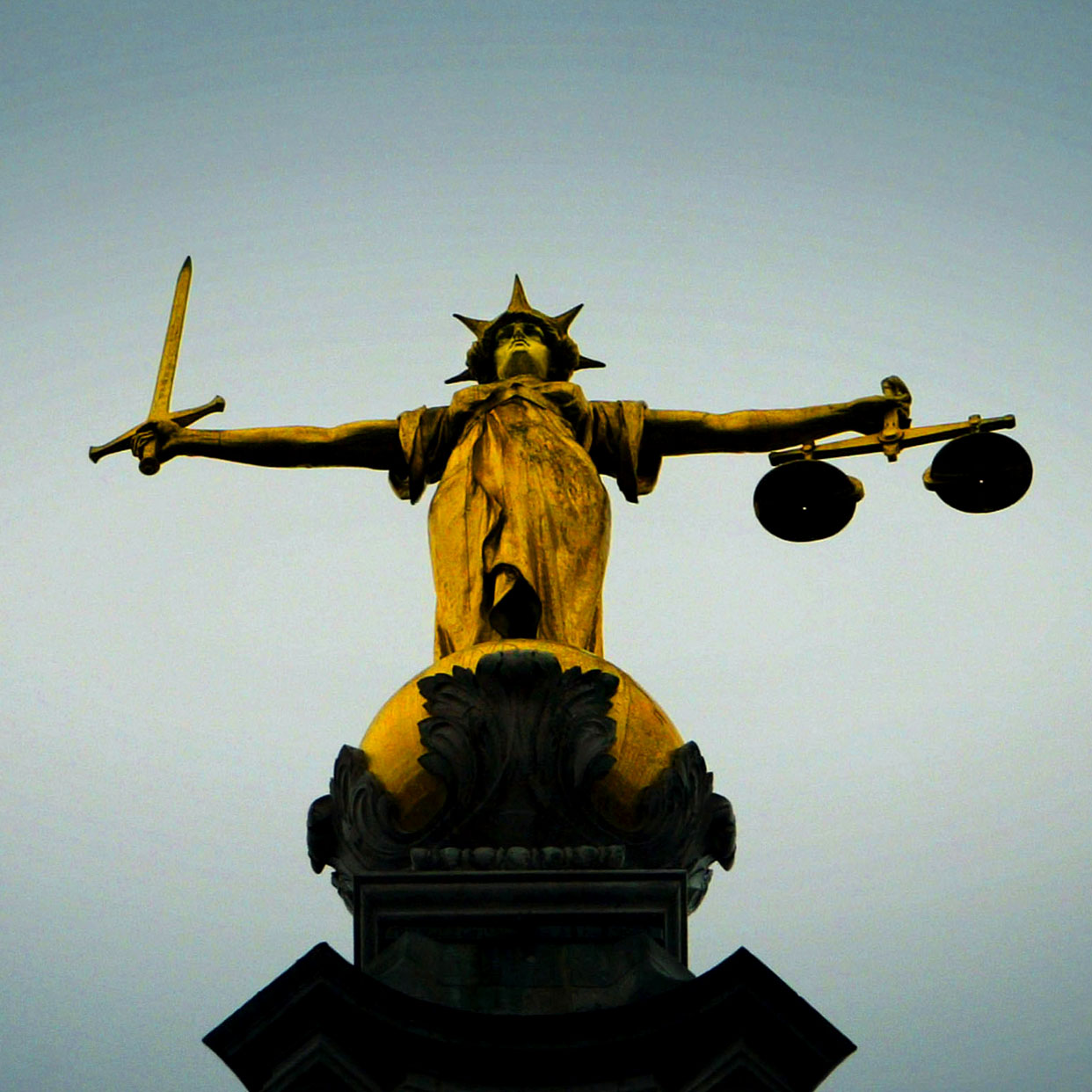 Why the CPS is accused of quietly dropping rape cases
Why the CPS is accused of quietly dropping rape casesIn Depth Prosecutors to face judicial review challenge over alleged covert policy changes